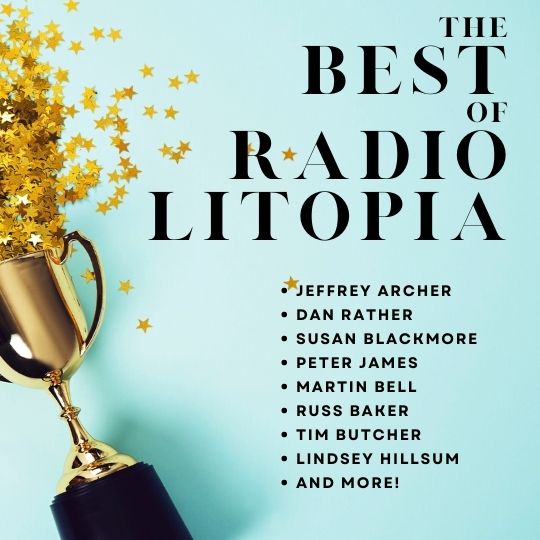Yes, the two most glorious words a writer can hope to write but I have a slight quandry. Finally finished the last chapter in my current first draft WIP. But I want to add an epilogue as there is one particular story arc that has a conclusion several months later.
Issue is do I write 'The End' now, or after the epilogue?
Issue is do I write 'The End' now, or after the epilogue?



